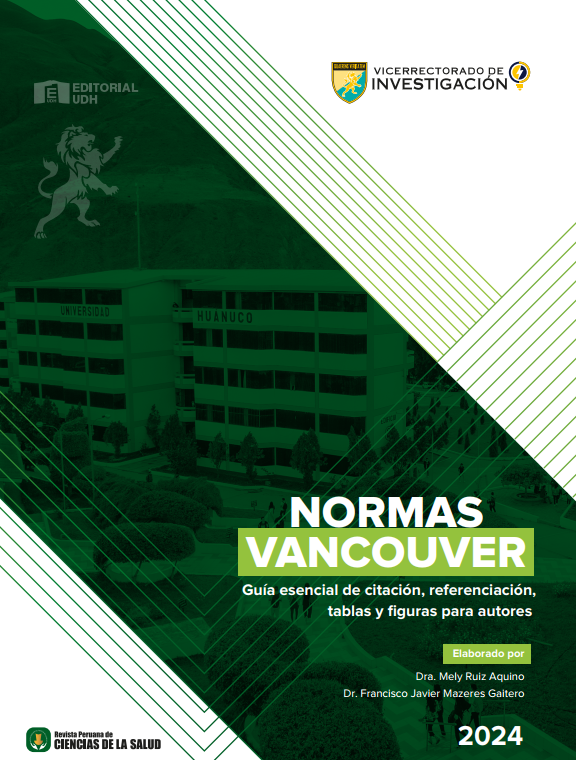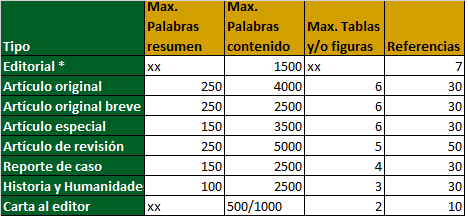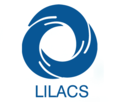Healthy lunch box program on eating habits and nutritional status in students at an educational institution in Huanuco
DOI:
https://doi.org/10.37711/rpcs.2019.1.3.25Keywords:
child, Lunch, Chi-Square Distribution, Nutritional Status, Research Design, Sampling Studies, Schools, Feeding Behavior, StudentsAbstract
Objective. To determine the effect of the healthy lunch box on the eating habits and nutritional status of primary school students at the san Vicente de la Barquera educational institution, Huánuco-2018. Methods. A study with pre-experimental design with application of a stimulus in the school lunch box program was carried out, with test before and after in a single group in 179 students of the primary level; using an interview guide in the collection of the data and a registration form for the nutritional state. The chi-square test of independence was used in the inferential analysis with a statistical significance p < 0.05. Results. In the eating habits variable, after the intervention, the significance value was p < 0.000with changes in 25.1 %, in the nutritional status variable, after the intervention, the significance value was p = 0.026, with changes in 14.5 % in the primary level students under study. Consequently, null hypothesis is rejected and the research hypothesis
that the school lunch box program has a positive effect on the eating habits and nutritional status in the study sample is accepted. Conclusions. The school lunch box program has a positive effect on the eating habits and nutritional status of primary school students at the San Vicente de la Barquera educational institution.
Downloads
Downloads
Published
How to Cite
Issue
Section
License
Copyright (c) 2019 Revista Peruana de Ciencias de la Salud

This work is licensed under a Creative Commons Attribution 4.0 International License.
























